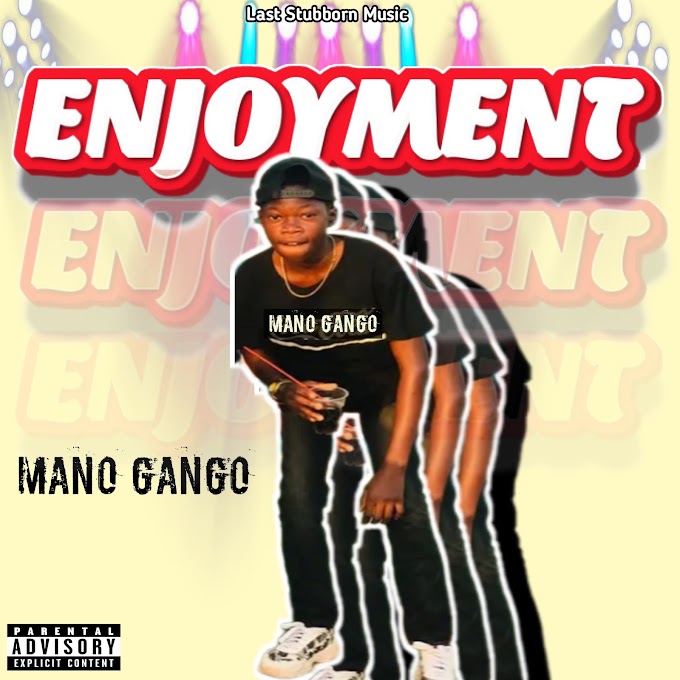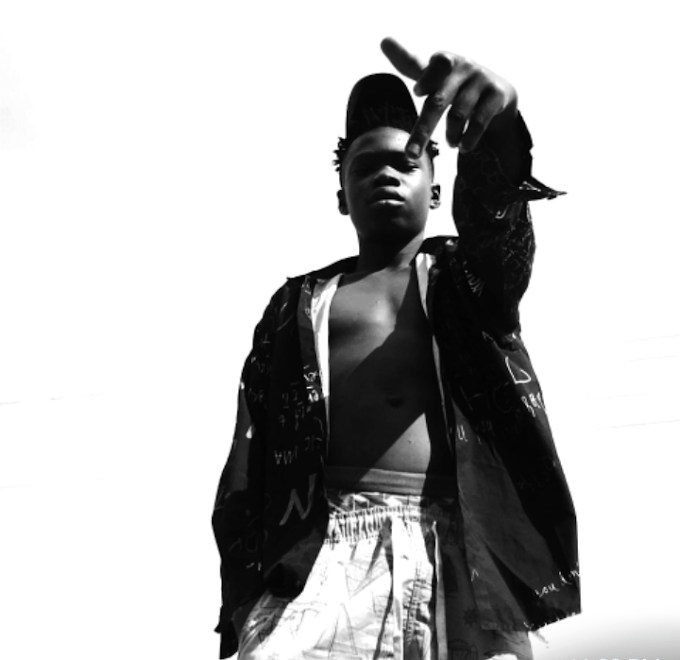 Playlist
Playlist
Ghana faces tough decisions to prop up Africa’s worst-performing currency
 DJ Kingdom
March 29, 2022
0
DJ Kingdom
March 29, 2022
0

The slide of the Ghanaian cedi against the dollar in early 2022 suggest tough decisions are urgently needed to limit the impact on an already fragile economy.
A slide of over 15% against the dollar by early March meant that the cedi was the worst-performing major currency in Africa, according to Bloomberg.
“The rapid depreciation of cedi against the major trading currencies, especially the US dollar, gives cause for alarm,” says president of the Ghana Union of Traders’ Associations (GUTA), Joseph Obeng. “This is taking a heavy toll on our capital and wreaking havoc on businesses in the country and also increasing the financial burden on the consuming public.”
leaves Ghana exposed to higher food prices prompted by the war between Russia and Ukraine. The two countries account for about 30% of the world’s global wheat exports, and Ukraine for 15% of corn exports. According to research from Renaissance Capital economist Yvonne Mhango, countries with currencies that are facing depreciation pressure, such as the Ghanaian cedi, are likely to see the strongest pick-up in food inflation. Ghana is also a net importer of crude oil, and gets about 60% of its iron ore from Ukraine.
Many factors lie behind the cedi’s depreciation. Businesses in Ghana need foreign currency to buy their imports, increasing pressure on the currency. At the peak of the COVID-19 pandemic in Ghana, imports slowed significantly, leading to a more stable currency. As economies began to open up, the cedi took a hit as imports rebounded. The country’s high debt ratios and inability to access funds from the international money markets limit its ability to manage the situation.
Some analysts have argued that the depreciation is at least partly seasonal, given that February to March is the period during which Ghana-based multinationals repatriate profits. Minister of finance Ken Ofori-Atta has said that the cedi has held up under the extreme challenges better than it did between 2014 and 2015. “This is because the fundamentals are stronger,” he has argued, adding that downgrades by Moody’s and Fitch have worsened the situation.
- Bank of Ghana governor Ernest Addison’s first stab at fixing the situation has been to raise its interest rates from 14.5% to 17%.
- There is also a plan to raise about $2 billion in syndicated loans from commercial banks, and multilateral lenders to try to bolster the cedi. The government needs to see positive results sooner rather than later.
Bottom Line
A weakening currency, high debt and increasing global food and oil prices are a dangerous combination for Ghana.









Contents on this website are for promotional purpose ONLY! ADAMS DO NOT claim Full Ownership of any Content on this website, If you see any copyrights infringed Content here kindly contact us.
Contact us
0243396211
kingdombwoy99@Gmail.com
Comment does not reflect the views of ADAMS